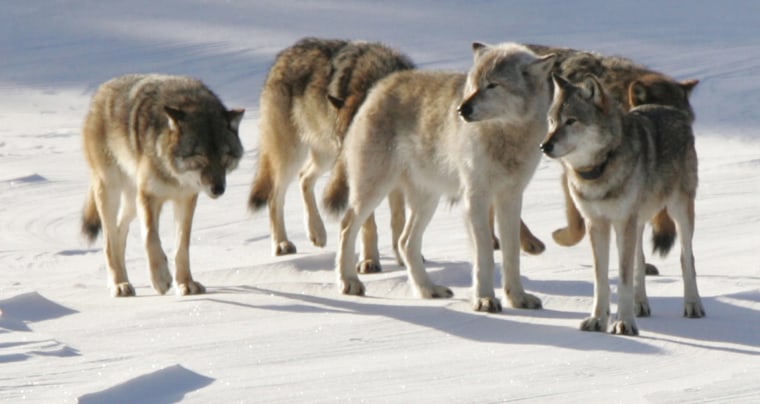In recent developments concerning wolves, conservation efforts and wildlife management strategies have taken center stage. With ongoing debates and initiatives aimed at balancing ecological preservation and human-wildlife interaction, several key updates have emerged.
1. Conservation Initiatives:
Amidst concerns over declining populations, various conservation organizations have intensified efforts to protect wolf habitats and promote sustainable coexistence nhbulletin.us. Projects focusing on habitat restoration and public awareness campaigns continue to garner support from environmental advocates and policymakers alike.
2. Legislative Measures:
Legislation addressing wolf management remains a contentious issue in many regions. Recent legislative proposals have sparked debates on topics ranging from endangered species protection to wildlife depredation and livestock management. Stakeholders continue to voice diverse perspectives on how best to navigate these complex issues.
3. Research and Monitoring:
Advancements in research technologies have enabled scientists to gain deeper insights into wolf behavior and population dynamics. From GPS tracking to genetic studies, ongoing research efforts contribute valuable data crucial for informed conservation strategies and policy decisions.
4. Human-Wolf Conflict:
Instances of human-wolf conflict persist in areas where human populations intersect with wolf habitats. Efforts to mitigate conflicts through non-lethal methods, such as deterrents and community engagement programs, underscore the importance of fostering coexistence while addressing legitimate concerns from affected communities.
5. International Perspectives:
Internationally, collaborative efforts across borders underscore the global significance of wolf conservation. From Europe to North America and beyond, shared initiatives aim to protect migratory routes and genetic diversity critical to the long-term survival of wolf populations worldwide.
As discussions continue to evolve, stakeholders remain committed to finding sustainable solutions that uphold ecological integrity while respecting diverse perspectives on wolf conservation and management.











